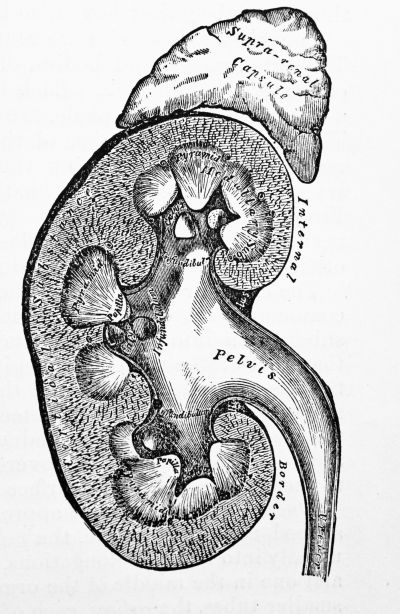
A new study, conducted under the EU-funded CAGEKID project, has revealed a link between Renal Cell Carcinoma (RCC) and exposure to aristolochic acid.
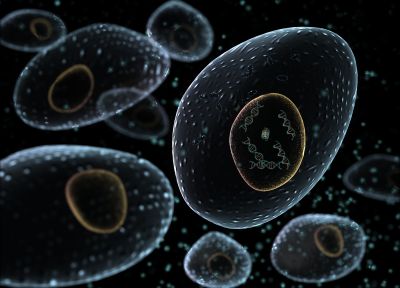
Dr. David Sassoon, coordinator of the ENDOSTEM project, talks about his team's work towards identifying an agent capable of ‘boosting’ stem cells already present in muscle tissue for a more efficient tissue repair.
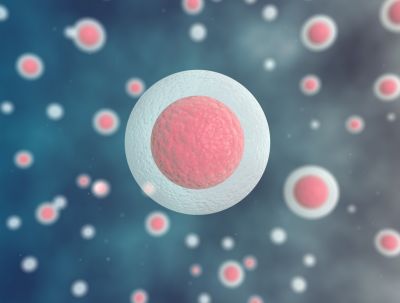
Stem cells are said to be the body’s natural reservoir. They have the unique ability to produce both copies of themselves (self-renewal) and other more specialised cell types (differentiation) every time they divide. This makes fascinating for researchers and a very powerful tool in the treatment a range of diseases, conditions and injuries. However, stem cell research is not without its critics. Certain areas, notably embryonic stem cell research, have proven controversial within, and outside of, the scientific community. The debate on this issue is very much ongoing.

The EU-funded MABSOT project has developed a drug that could make organ transplants significantly safer and boost the European pharmaceutical sector.

Our health is our wealth. It may be a cliché but it couldn’t be truer, and anyone who has suffered through a painful illness would surely agree.

Researchers have developed a skin-like device that can be worn throughout the day for around-the-clock health monitoring. The ultrathin, compliant skin-like, or epidermal, photonic device is placed on the skin to monitor blood flow and can reveal changes in heart health. The five-centimetre-square patch is made up of 3 600 tiny ‘thermochromic’ liquid crystal devices that change colour with the temperature. Science magazine reports that imaging sensors and computer algorithms translate the pattern of colors into a temperature profile, and a health report. It adds, ‘Because the patches can be worn 24/7, they could offer at-risk patients around-the-clock health monitoring.’

The SAFEBAG project is developing a chemical-free decontamination system for fresh fruit and vegetables that meets consumer demands for safe, nutrient-rich produce with minimal environmental impact.

The EU-funded POCKET project is developing a low-cost urine test that can quickly detect tuberculosis, a preventable disease that kills nearly 2 million people every year.
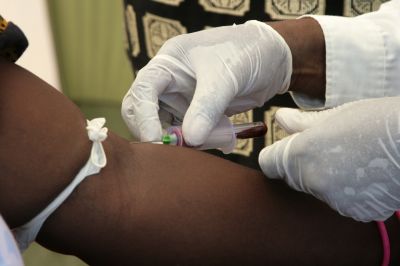
Researchers have developed a blood test that may eventually help doctors diagnose clinical depression. The World Health Organisation has determined that depressive disorders are the leading cause of disability worldwide. The recurrent and chronic forms of depression account for the bulk of the problem.

An FP7-funded project is performing a study with the support of 5,000 babies over the course of 4 years. The so-called IMPROVED babies will contribute to the development of a novel predictive blood test for pre-eclampsia.

We can now successfully treat heart attacks and high blood pressure and, using the correct course of drugs, many people with schizophrenia are able to live stable, independent lives. Patients with HIV have also experienced a dramatic change of life through drug treatment breakthroughs. And, while the fight against cancer continues, we should not forget the progress that has been made. For example, leukaemia was once a fatal disease and but now many patients recover from it with the help of anticancer drugs. Meanwhile, biological drugs are helping to treat illnesses as cystic fibrosis and asthma.
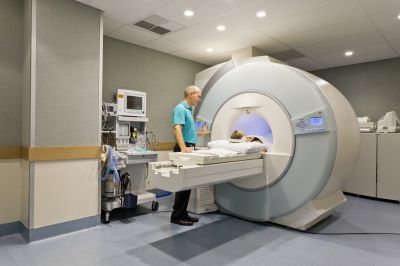
We are all exposed to radiations. Such exposure can be harmless at very low doses but damage our health above certain thresholds. But what happens in between is more difficult to predict. The PROCARDIO project is casting light on part of this mystery, with a focus on radiation-induced heart disease.
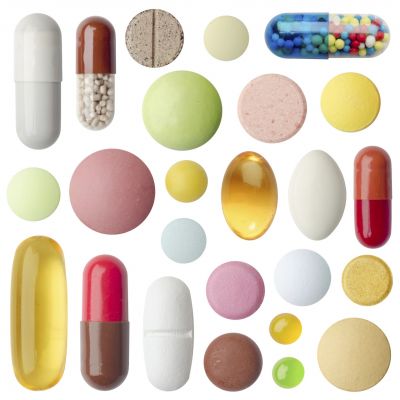
By drawing together expertise from across a range of fields, the Eindhoven University of Technology's Institute for Complex Molecular Systems is on the verge of a breakthrough that could have significant implications for the pharmaceutical industry.
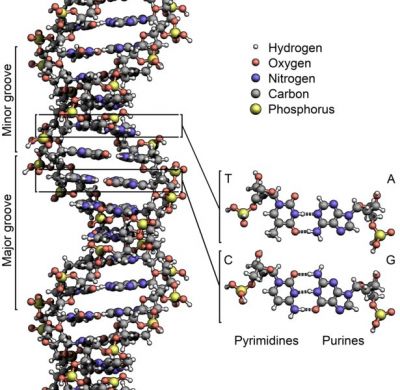
Research into the human genome is offering us fascinating insights into how DNA determines our health and identity. Meanwhile, exploration (and in some cases modification) of the genetic material of plants and animals has the potential to improve quality and tackle disease.

Tiny metal tubes called stents - which keep blood flowing through diseased coronary arteries by slowly releasing medication - have helped to save the lives of millions at risk of heart disease. Once inserted into arteries however, there is a small risk of a life-threatening complication called late stent thrombosis (ST). This occurs when the stent fills with blood clot and disrupts the blood supply.
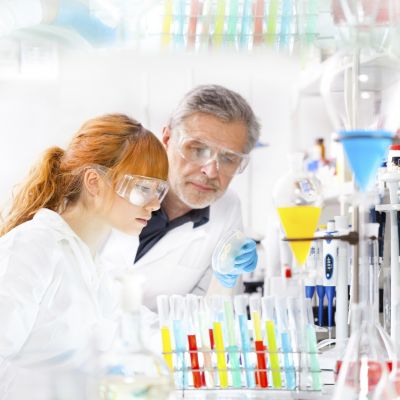
Researchers have made impressive progress in tackling some of the most devastating viruses and diseases of our time. They continue to seek out new ways of preventing diseases, developing better diagnostics and more effective therapies and treatments. However, our knowledge is still far from complete and much remains to be discovered.
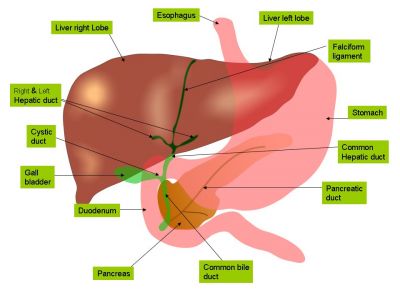
The demand for replacement livers has always far outweighed supply, with over 10 000 people waiting for a liver transplant in the EU alone. This supply-demand imbalance means that 14 % of patients requiring a liver transplant sadly will not receive a replacement organ.
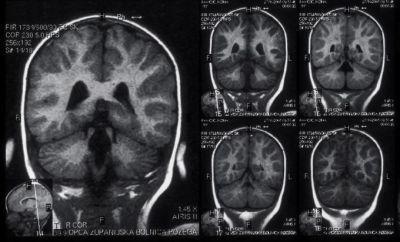
The nervous system - made up of the brain, spinal cord and nerves - controls how the body functions. When something goes wrong with this system, the impact can be severe, affecting one's ability to move, speak, swallow and learn. While neurologic diseases - conditions that affect the brain - are more common among the elderly, their prevalence is increasing as life expectancies increase.
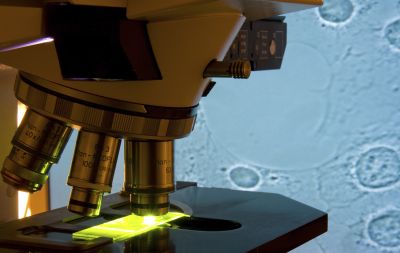
EU-funded research suggests that the manipulation of stem cells could help to repair damaged muscle tissue. Given the wide range of age-related and degenerative diseases that affect our society today, this could represent a significant breakthrough in healthcare.
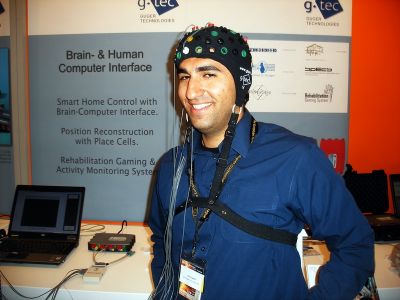
People with serious physical disabilities are unable to do the everyday things that most of us take for granted despite having the will – and the brainpower – to do so. This is changing thanks to European projects such as TOBI (Tools for Brain-Computer Interaction). People with limited mobility can write emails and even regain control of paralysed limbs through thought alone.
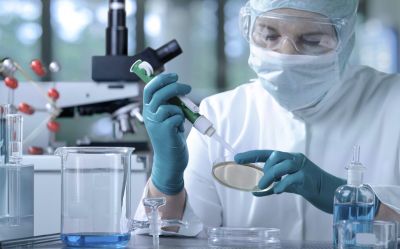
Ill health and disease do not stop at national boundaries, and neither should health research. Global health problems require global efforts. Working across borders, sharing knowledge and resources, and solving common problems are important principles and a key strength of EU health research and innovation. The EU-LAC HEALTH project is a prime example. Launched in October 2011, this drive for better global health research cooperation is being coordinated by the Spanish National Institute of Health Carlos III.
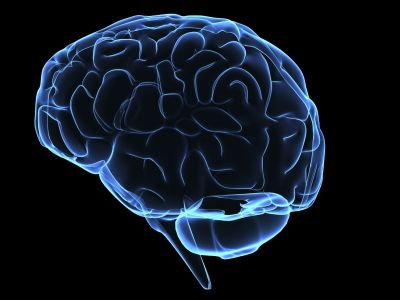
How can pressure cells contribute to help tackling the rapidly growing problem of degenerative diseases such as Alzheimer? This is one of the issues a new project funded by NMI3 will seek to address.
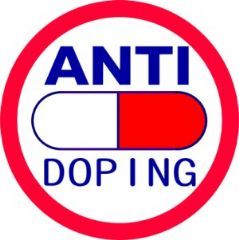
Doping in sport is nothing new. Ancient Greek athletes used stimulating potions to fortify themselves. Strychnine, caffeine, cocaine, and alcohol were regularly used by cyclists in the 19th century. Marathon champion Thomas Hicks ran to victory at the 1904 Olympic Games with the help of raw egg, injections of strychnine and doses of brandy administered to him during the race. During the 20th century doping became increasingly commonplace, leading not only to unfair competition, but also to the tragic deaths of top athletes. WADA - the World Anti-Doping Agency - was established 15 years ago with the mission of promoting, coordinating and monitoring the fight against doping in sport.

If you live in Europe, you may never have heard of 'neglected diseases' from Trypanosomatidic infections. However, in countries like Brazil or Sudan these diseases are endemic.
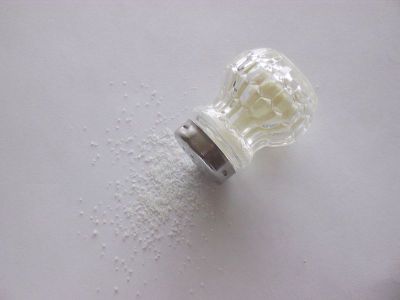
Current research shows reducing our current salt intake to six grams per day could prevent nearly six per cent of strokes. But the onus is as much on food manufacturers, as well as consumers, to be less heavy-handed with the salt. And that is precisely what the PROCURED project seeks to achieve.
























